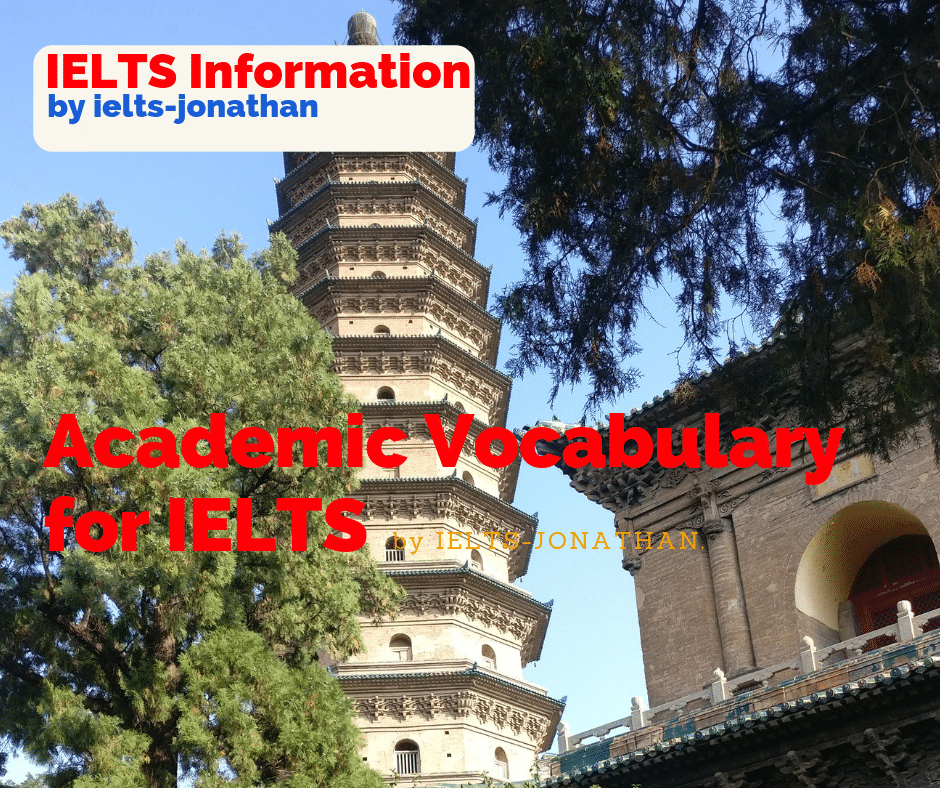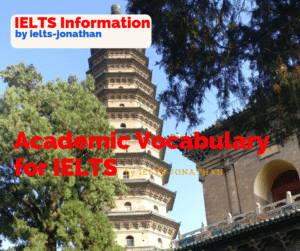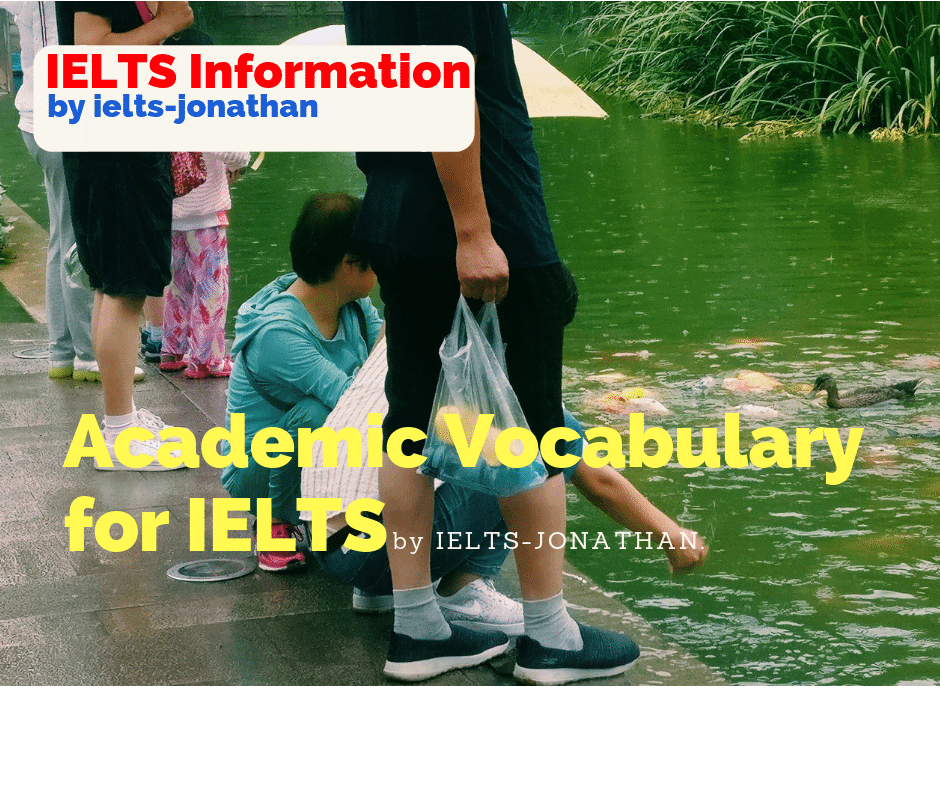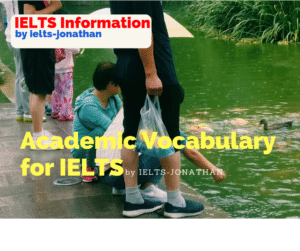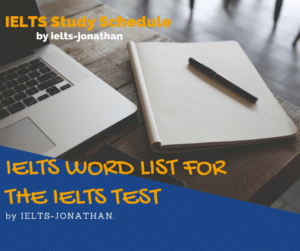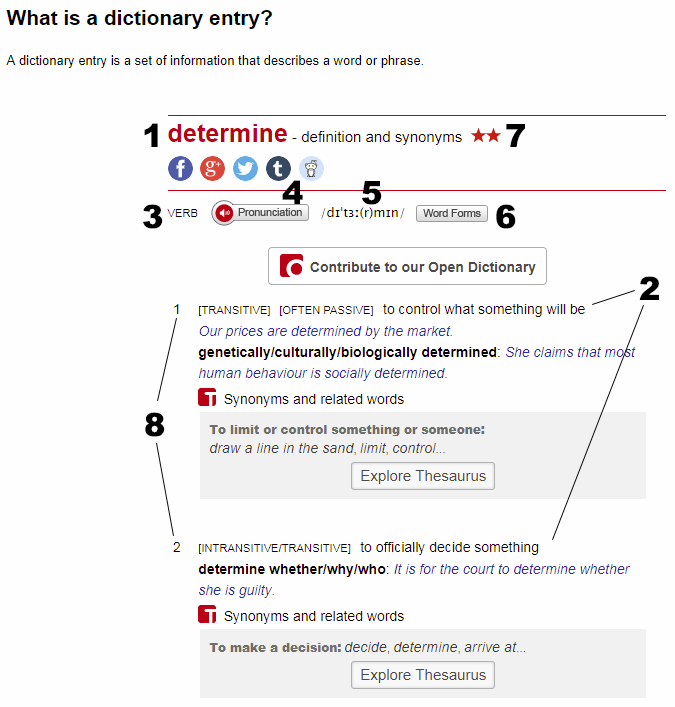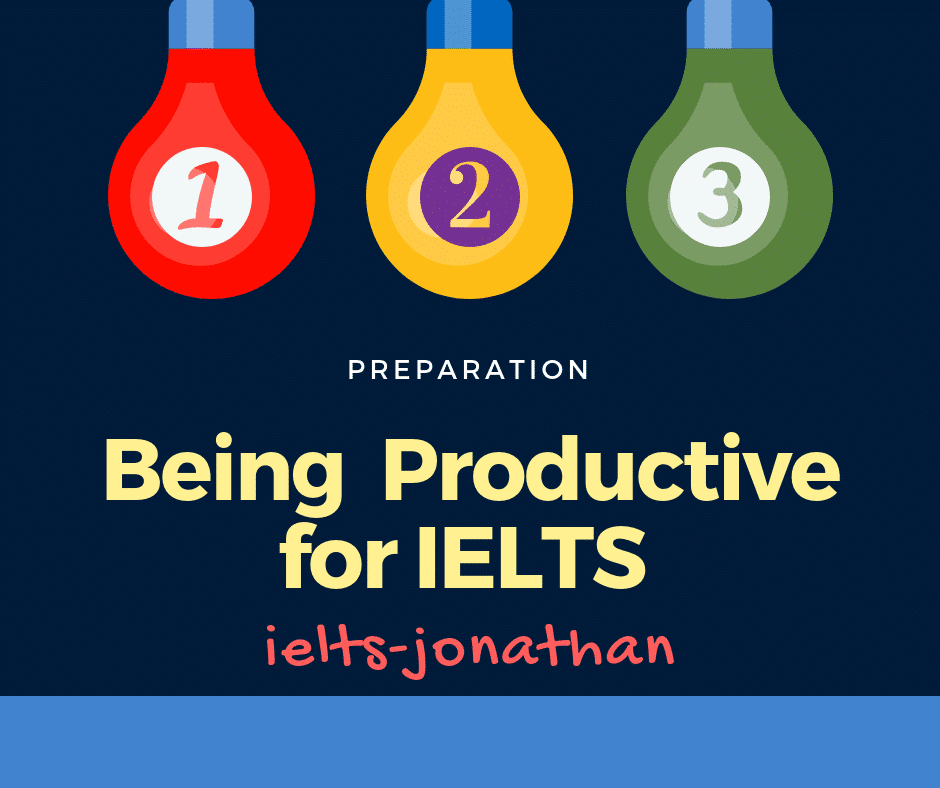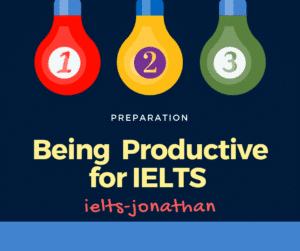IELTS Vocabulary to learn – Week 2
So, I am continuing to enjoy working from Taiyuan, Shanxi Province in China and I’am already proud of the hard work these students have put into their language studies.
Every week on this course, there has been a short test on some of the most common vocabulary from the texts and listening we have been using, and I’d like to share these with you.
These are very common academic words, and can occur in any exam text or listening.
High Frequency IELTS Words
As they are high frequency words, then they can occur in the IELTS test too.
You should also be able to use these words in speaking and writing, so pay attention to their meaning and check the pronunciation.
I’ve provided a mini quiz for you to consider at the end too.
Vocabulary to learn – week 2
This week, you need to study the words but give examples of their use yourself. These examples, should not come from the texts/listenings/example essay, but they should be your own examples. Submit your example sentences to your teacher on the first day of week 3. There will also be a test.
|
Word |
Definition/synonym |
|
range (v) |
To include a variety of different things or people in addition to those mentioned. |
|
reliable (adj) |
Someone or something that is reliable can be trusted or depended on. |
|
significantly (adv) |
In an important way or to an important degree. |
|
awareness (n) |
Knowledge or understanding of a particular subject or situation. |
|
target (v) |
To make something have an effect on a particular limited group or area. |
|
data (n) |
Information or facts about something. |
|
despite (prep) |
Used to say that something happened or is true, although something else makes this seem not probable. |
|
research (n) |
Detailed study of a subject in order to discover new information. |
|
incident (n) |
An event, especially one that is bad or unusual. |
|
option (n) |
A choice. |
|
obvious (adj) |
Easy to understand or see. |
|
physical (adj) |
Relating to real things that you can see and touch. |
|
automated (adj) |
Using computers and machines to do a job, rather than people. |
|
currency (n) |
The units of money used in a particular country. |
|
process (n) |
A series of actions that you take in order to achieve a result. |
|
ensure |
To make certain that something is done or happens. |
|
vary |
If things of the same type vary, they are different from each other. |
|
restriction |
A rule or law that limits what people can do |
IELTS Vocabulary Test
If you are confident you know these words, you can try and complete this mini test. You can do this in your head, or on paper.
Vocabulary quiz week 2
Part 1: Dictation
Write down the words you hear and their part of speech (noun/adjective/verb/adverb etc.)
1.
2.
3.
4.
5.
Part 2: comprehension
- Match the word to its correct definition
|
1 reliable |
a. to make certain that something is done or happens |
|
2 significantly |
b. an event, especially one that is bad or unusual |
|
3 target |
c. relating to real things that you can see and touch |
|
4 incident |
d. to make something have an effect on a particular limited group or area. |
|
5 physical |
e. can be trusted or depended on |
|
6 ensure |
f. in an important way or to an important degree |
Part 3. Use the correct words in the box below in the following sentences. The words in the box are given in their base forms, you may need to add tense, a 3rd person singular s on verbs, or a plural marker on nouns.
Automated, currency, despite, option, awareness
- A multiple choice test consists of questions with three or four answer
- The fact that human workers are increasingly replaced by systems poses major problems for the future.
- his dislike of numbers, he studied accountancy at university.
- I am going on holiday tomorrow. I need to get some foreign .
- Environmental among young people is on the rise.
Total: /16
and here are the answers
I’m Jonathan
I’ve taught IELTS and University English in more than a dozen universities and schools around the world.
I’m a parent, traveller and passionate about language teaching and helping students achieve their dreams.
Whilst living in Austria or working in Asia, I run IELTS courses to help students get to where they want to be.
If you are serious about IELTS, connect with me to see how I can help you.

